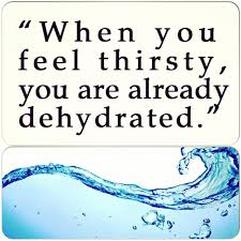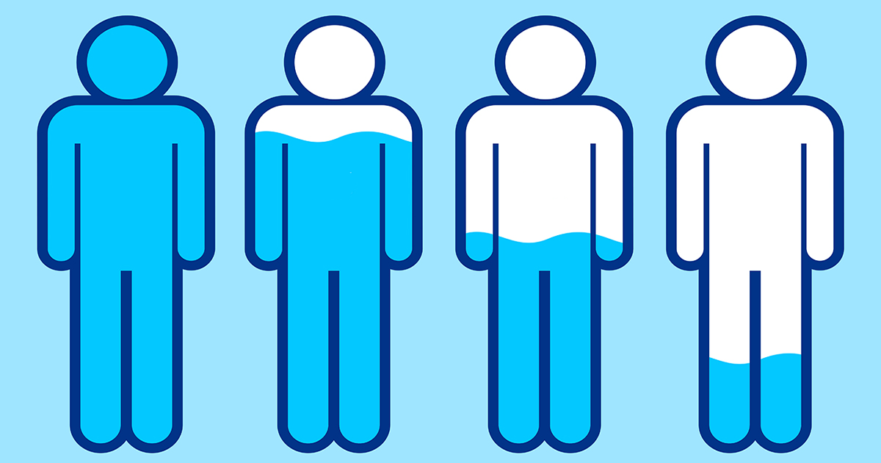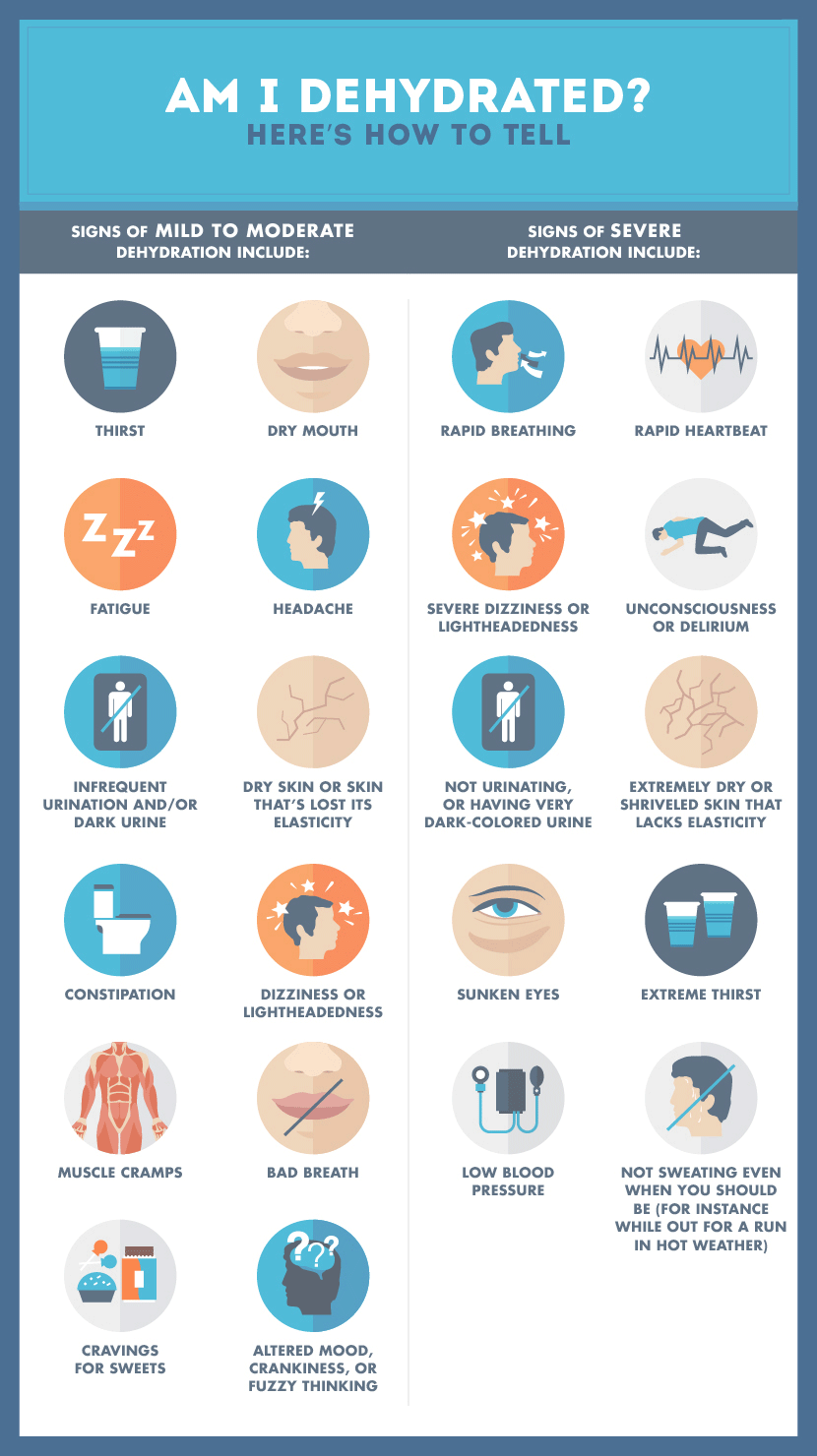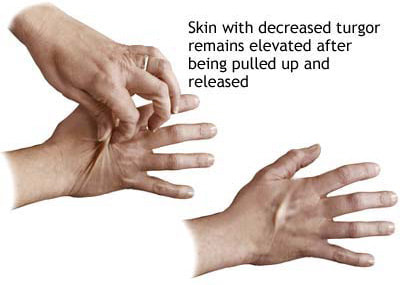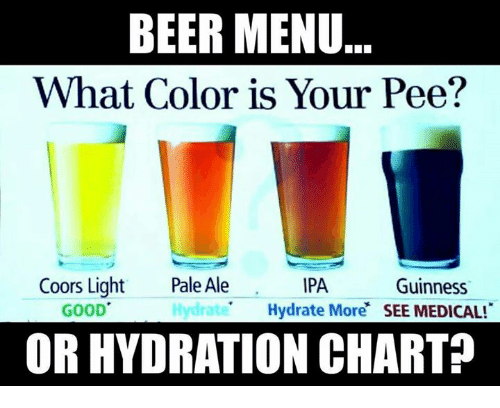WHAT CAUSES DEHYDRATION? As a sufferer of IBD, you are ten times more likely to become dehydrated than the average person. In a study of 200 sufferers of Crohn’s, 64 percent did not know they were dehydrated. That means you are probably to some degree dehydrated right now. YOU MAY BECOME DEHYDRATED IF
TIPS FOR STAYING HYDRATED
MAINTAINING HYDRATION WITH A STOMA- Your Gastro team should guide you in keeping everything in balance. HYPONATREMIA (OVERHYDRATION) We can overdo it with Hydration, and this can be quite dangerous, but it is rare so keep sipping not gulping. So, Drink up! Remember if you have any questions then please feel free to email me at [email protected] or you can visit my Facebook Page at - My Crohn's Doctor Yours in Health and Wellness Dr Michael My Crohn's Doctor
www.mycrohnsdoctor.com LEGAL DISCLAIMER - This article (including links to any/all website pages, blog posts, blog comments, forum, videos, audio recordings, etc.) is not intended to replace the services of a physician, nor does it constitute a doctor-patient relationship. Information is provided for informational purposes only and is not a substitute for professional medical advice. You should not use the information for diagnosing or treating a medical or health condition. If you have or suspect you have an urgent medical problem, promptly contact your professional healthcare provider. Any application of the recommendations in this blog post is at the reader's discretion. My Crohn's Doctor and Dr Michael are not liable for any direct or indirect claim, loss or damage resulting from use of this blog. Readers should consult their own physicians concerning the recommendations in this article.
0 Comments
Leave a Reply. |
|
